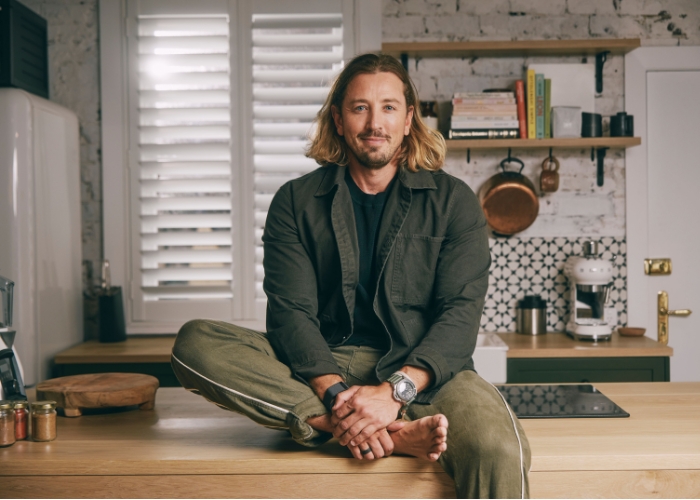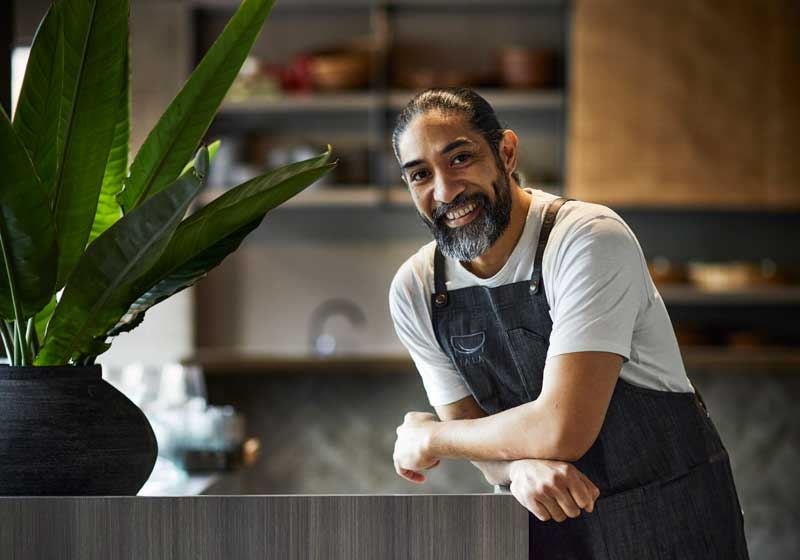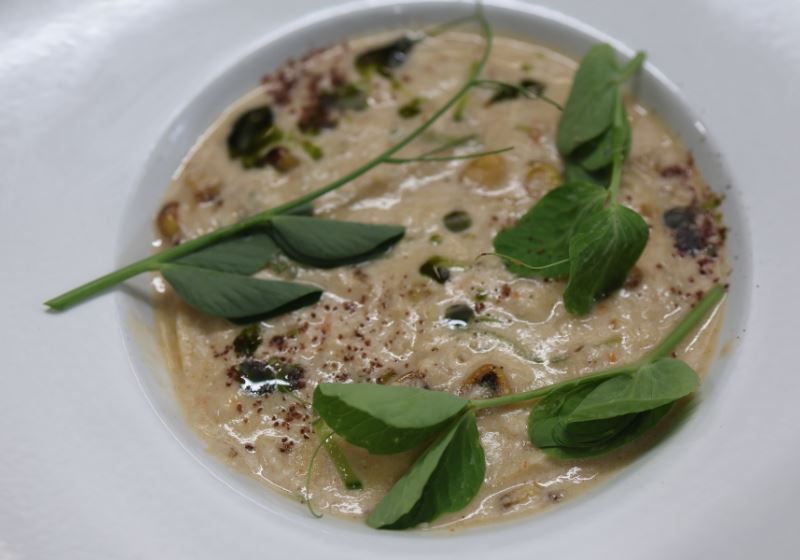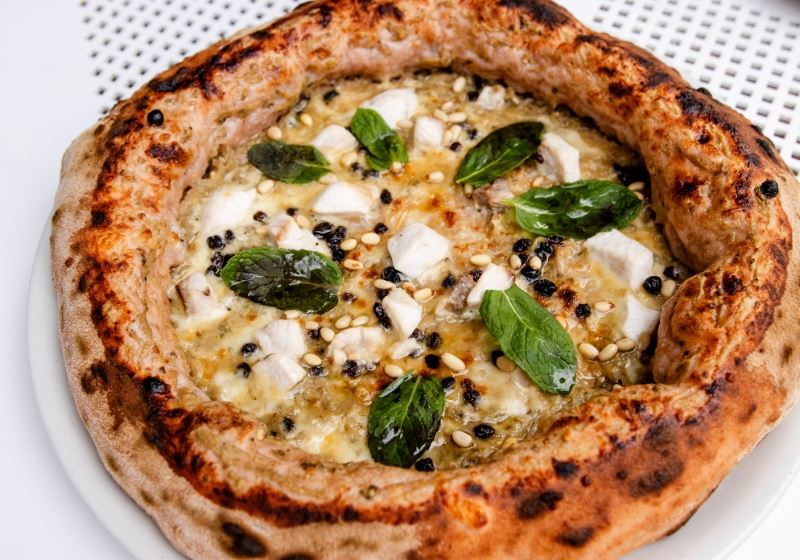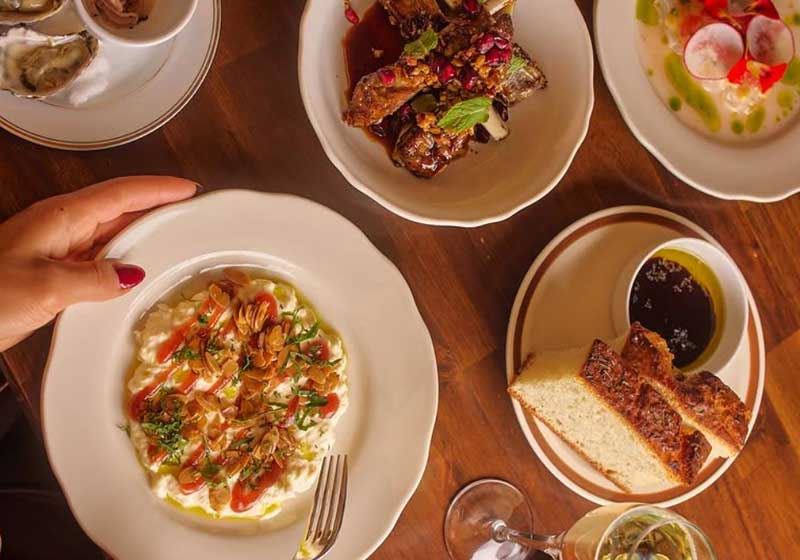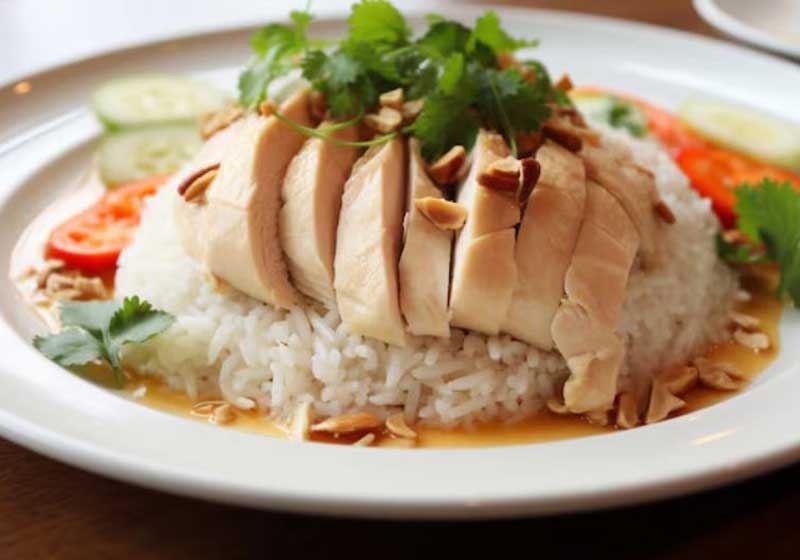By Laura Rancie.
With more than 35 million plays on his podcast to date, The Proof host Simon Hill, is full steam ahead, with 20 million listeners forecast to tune in to the show next year alone!
Ticking off qualified physiotherapist, nutritionist, author, podcaster and entrepreneur, Simon has a way of finding the right questions to ask, sourcing the right people to interview and backing it all up with Science!
Read on as I talk to Simon about our favourite interviews so far, the journey of his success and where he sees the future of Australian health.
Read on as I talk to Simon about our favourite interviews so far, the journey of his success and where he sees the future of Australian health.
Simon, I’ve been a long-time podcast fan, tuning in on my morning runs and anytime I have a longer car trip. You have absolutely transformed how people think about exercise, nutrition and health, because of how you back it up with science.
You’ve been able to empower people because of your ‘science-based’ approach without the hyperbole, as you put it, but went a step further with your guides. I’ve certainly felt way more confident and empowered as I’ve navigated through health providers after reading and understanding your online guides.
Give us the background of how you got your love for food:
The short story is that my Dad, a Professor of Physiology who studies cardiovascular risk factors, ironically had a heart attack in front of me when he was just 41 years old. I was the only one with him at the time.
He was flown by helicopter to the nearest hospital and fortunately, they saved his life. My brother and I were told that cardiovascular disease runs in families, so we should be routinely assessed, particularly as we become adults. What wasn’t made clear to me, which I learned many years later, was that for the most part, chronic conditions like cardiovascular disease and type 2 diabetes run in families because family members tend to adopt the same lifestyles.
There’s a famous saying that sums this up quite nicely 'genes load the gun, but lifestyle pulls the trigger'. After my undergraduate degree in physiotherapy, I decided to go back to university and do a Masters in nutrition science - I wanted to make sense of all of the conflicting information out there and figure out what a heart-healthy diet actually looked like.
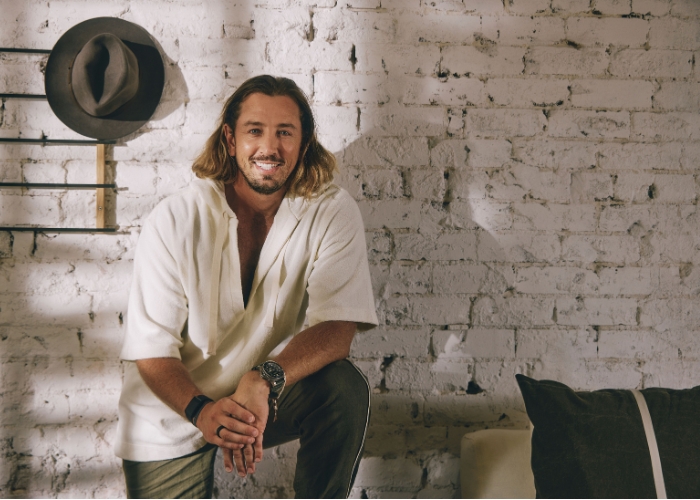
You’ve achieved a lot, at such a young age. Can you pinpoint the moments in each of those phases, where you got a glimpse of wanting a bit more and the idea that formed the next phase?
Honestly, there’s no magic to it other than simply following my curiosity. If I am going to do something with my time, I want to be in love with and intrigued by the process. It’s the process and satisfaction from that, which makes me feel good. Not the end result. As soon as that curiosity wanes, I work out if it’s how I approach the project that needs adjusting, or if that’s a sign it’s time to move on to something else. We live once and I want to fill as many days as possible with love and intrigue.
I’ve never stopped to celebrate much of what I’ve been able to accomplish. For a long time, I felt guilty about that until I realised it’s because I celebrate along the way. Typically, by the time I get to the end of something, while others around me may want to celebrate, I am already becoming enthusiastic and excited about the next project.
As I’ve gotten older, I’ve become more thoughtful and now realise there’s a time and a place for both. Even if I don’t need to celebrate an end point for myself, it’s good to show your friends and family their support is truly valued.
I love that - I love that you chase your passions and curiosity. What about the process of forming 'The Proof' podcast, in the beginning, can you describe that? Was it as easy as rounding up some of your friends in the industry and interviewing them and then building from that?
I was listening to a few different shows and was wanting more science-based discussions with interesting people involved in the industry who didn’t have a platform. I wanted to learn from them. As soon as the idea popped into my head, I began acting on it. Procrastination can easily destroy good ideas.
I started in Venice Beach, LA in 2018 in an Air BnB. I remember opening up the Zoom H6 recorder (a device you connect microphones into that captures audio) and googling the steps to set it up. Once I worked it out, I committed to doing one episode per week - I would either contact people directly via email or social media or ask friends to do introductions.
Fast forward to 2023 and the show has had more than 35 million plays to date based on the current numbers and trajectory, we should do close to 20 million plays in 2024. Whereas most Australians have the majority, or a large chunk of their audience in Australia, mine is actually significantly more in the USA. Probably because I’ve spent a considerable amount of time recording there and many of my guests are American. Now I think about it, maybe I need to balance it out with some more Aussies!
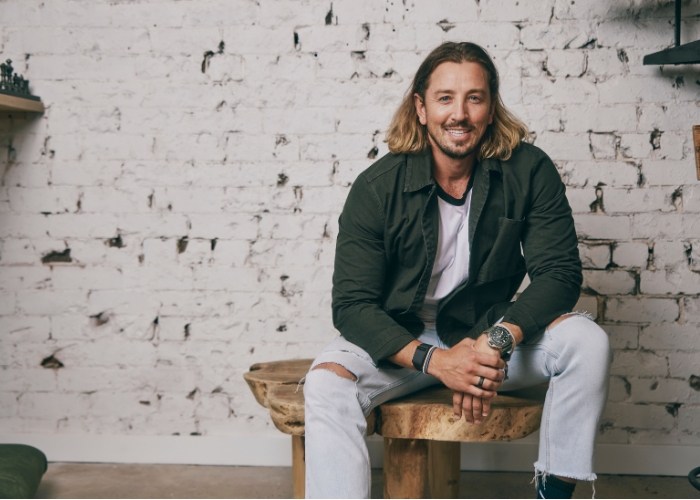
You’ve reported on everything from why we should eat more plants, to interviewing professional athletes in all sports from boxing to surfing to football, through to Doctors and Professors, Celebrities and Mental Health Professionals.
The common thread seems to be, why health should be a priority and how to achieve that in simple terms, and always backed by human stories and science. Through all of this, what do you think the most important thing for the average Aussie is to know about health?
It’s easy to think we will make it out alive. We won’t. We’re all going to die. It’s also easy to think we aren’t going to get chronic disease in our 60s and spend the last two-plus decades of our life with a limited quality of life. If we do what the average Australian does, that’s the path we are on.
We can take Einstein’s thoughts about the definition of insanity and apply it here - if we do the same thing as the average Australian, over and over, it would be insane to expect different results. Fortunately, there are things that (many of us) can easily do, to feel better for longer, which won’t break the bank. They might not be fancy, but they work!
And I guess that's what your podcast is about - changing our thoughts on what health really is and hearing from all different experts about their journey, research and stories, backed by science. My favourite episodes personally, were Alana Blanchard, Andrea Hanneman (earthy Andy), Gaz Oakley and Darin Olien. What are some standout episodes for you and why?
I enjoyed each of those! Darin Olien has become a great friend of mine. Some of my favourite episodes are with Professor Christopher Gardner from Stanford - I think he’s one of the most thoughtful nutrition scientists in the world and of course, my episode with Professor Walter Willett from Harvard - he rarely does interviews, so I was very pleased I got to record that spot with him in Boston.
I recommend watching the episode with Professor Willett on YouTube for a more immersive experience.
What are a couple of your go-to meals at home?
I’m super into fermented foods right now. There was a study out last year from Stanford University that fed subjects fermented foods and measured their microbiome diversity (a measure of gut health) and a long list of inflammatory markers. After 10 weeks, their microbiome diversity increased (a great sign) and important inflammatory markers went down.
Chronic inflammation is a hallmark feature of chronic disease - a strong case for adding more fermented foods into our diet. I have a Fermented Food Guide on my website that details the benefits of fermented foods and features a host of my favourite fermented food recipes. Two of my faves are the beetroot and ginger sauerkraut and the baked miso eggplant and soba salad.
What are you currently passionate about, Simon?
Teaching people where to direct their focus if they are interested in their longevity. There’s a lot of marketing currently of expensive longevity supplements and ‘hacks’. To me, the truth is that the biggest levers one can pull don’t have to be expensive - like optimising your ApoB level (an important cardiovascular disease risk factor) and improving your cardiorespiratory fitness and VO2 max.
People are busy and confused about how they should move their body and how they should eat to optimise their health. I aim to help clear that confusion and help them be more intentional with their lifestyle choices.
Is there anyone you’d love to have on your show, that you just haven’t been able to get to yet?
Professor Roy Taylor - arguably conducted some of the most important studies on nutrition and type 2 diabetes. Dr Nicola Guess - another expert on type 2 diabetes and metabolic health. Professor Barbara Rolls - an expert on obesity and satiety. Jon Kabat-Zinn - a well-known meditation teacher. Louise Burke - an Australia Dietitian and academic who’s an expert in nutrition for athletes.
Where do you see the future of food in Australia? Do you think we are moving in the right direction, or going backwards?
We are treading water - mostly due to corporate political activity from major food companies with a stranglehold over the food environment. We have an incredibly intelligent group of academics in Australia who are experts in nutrition, exercise, chronic disease, behavioural science etc.
To squeeze chronic disease out of society is going to require many different interventions - which all coalesce to putting healthier foods on plates, more often. Things like greater regulations around marketing unhealthy foods to children, improved food labelling systems, reformulations of products, restricting promotions on unhealthy foods, large-scaled food education marketing campaigns, taxation of unhealthy foods with simultaneous subsidisation of healthy foods etc. Obesity evidence hubs do a good job summarising many of these different interventions.
